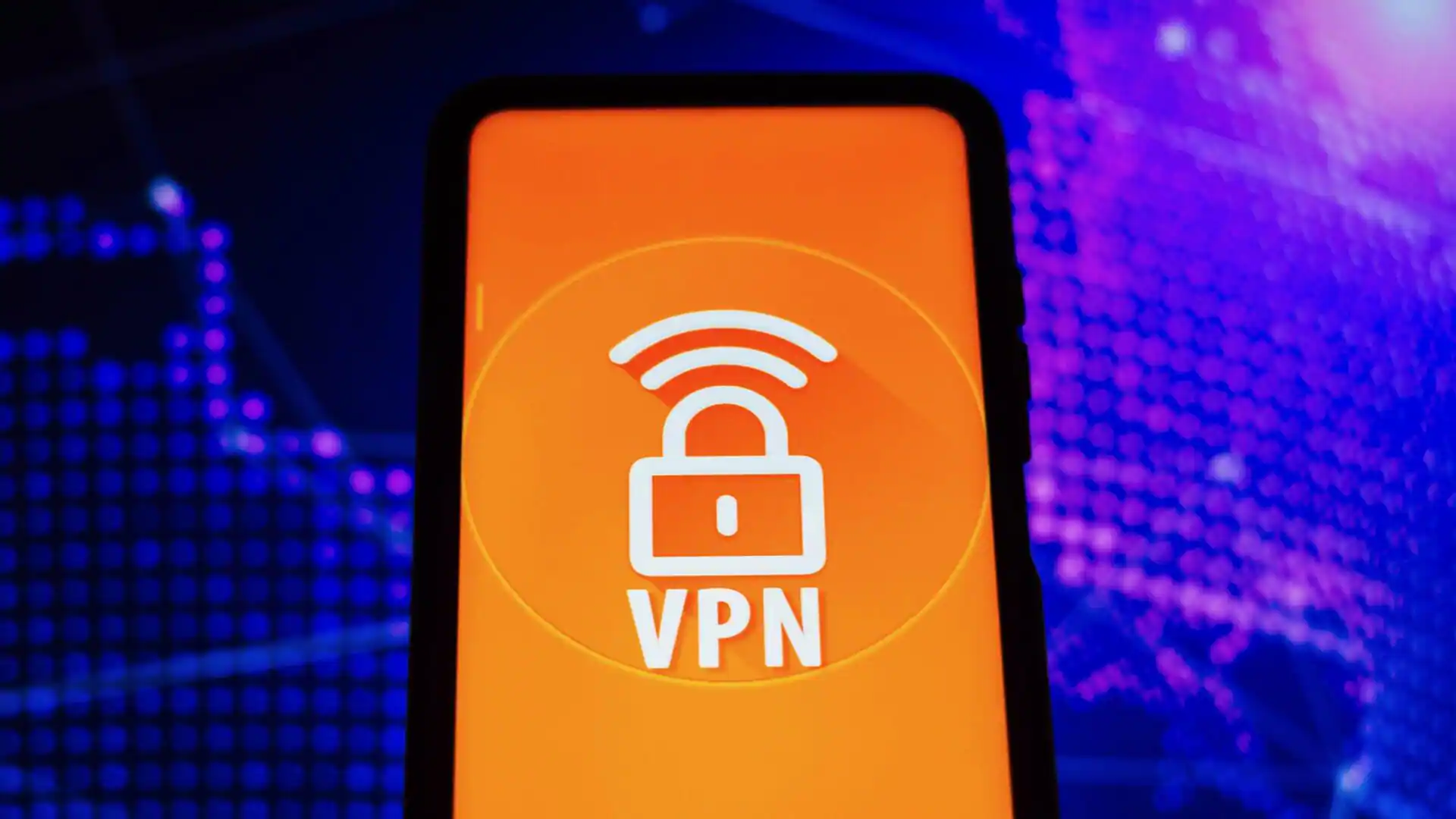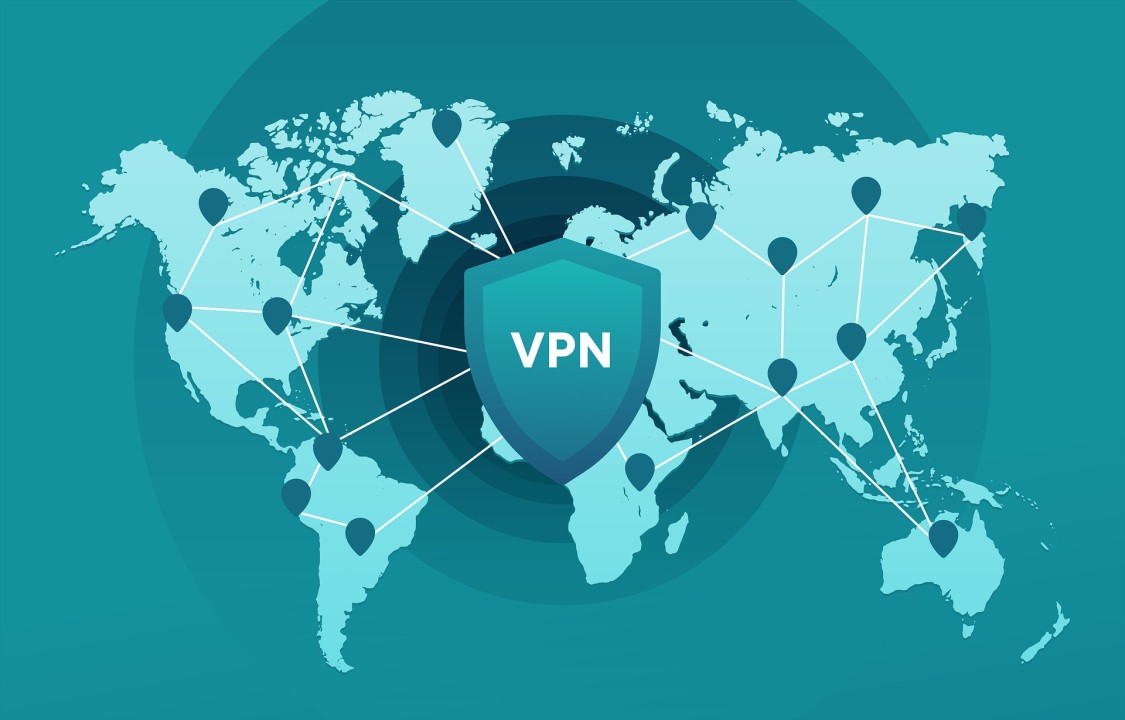
India has recently cracked down on several popular VPN apps, including Cloudflare’s well-known 1.1.1.1, removing them from the Apple App Store and Google Play Store. This move, spurred by government intervention, highlights the tightening grip of regulatory frameworks on internet privacy tools in the country.
Why Were These Apps Removed?
The Indian Ministry of Home Affairs issued removal orders for over half a dozen VPN apps, according to sources and public records from Harvard University’s Lumen database, which tracks global government takedown requests.
Apps like Hide.me and PrivadoVPN were among those targeted. In correspondence, Apple cited a directive from the Indian Cyber Crime Coordination Centre, a division under the Ministry of Home Affairs, stating that the apps violated Indian law. Neither the ministry, Apple, Google, nor Cloudflare responded to requests for clarification.
A Landmark Enforcement of VPN Regulations
This action is the first significant enforcement of India’s 2022 regulatory rules for VPN providers. These regulations demand that VPN providers and cloud service operators store detailed user data, including:
– Full names and physical addresses.
– IP addresses used.
– Transaction histories.
Providers must retain these records for at least five years, raising concerns about user privacy and data security.
Industry Pushback
The rules have faced widespread criticism from VPN providers, who argue that such requirements undermine the very essence of privacy tools. Major players like NordVPN, ExpressVPN, Surfshark, and Proton VPN have publicly opposed the regulations. In response:
– NordVPN, ExpressVPN, and Surfshark withdrew their server infrastructure from India but continue to serve Indian customers via servers located in other countries.
– These companies have stopped marketing their apps within India, signaling a cautious approach to navigating the country’s regulatory environment.
What Does This Mean for Consumers?
For Indian users relying on VPNs for privacy, anonymity, or accessing restricted content, this development poses significant challenges. With major VPN services scaling back their operations in India and others being removed altogether, users may find it harder to maintain online privacy.
At the same time, these actions underscore a broader trend of governments worldwide seeking to regulate internet tools that could bypass local laws. Whether this leads to improved cybersecurity or stifles online freedoms remains a hotly debated topic.
Stay informed about these changes and consider alternative privacy tools if you’re an Indian consumer affected by these regulations.

Popular VPN Apps Removed from Indian App Stores: What You Need to Know




